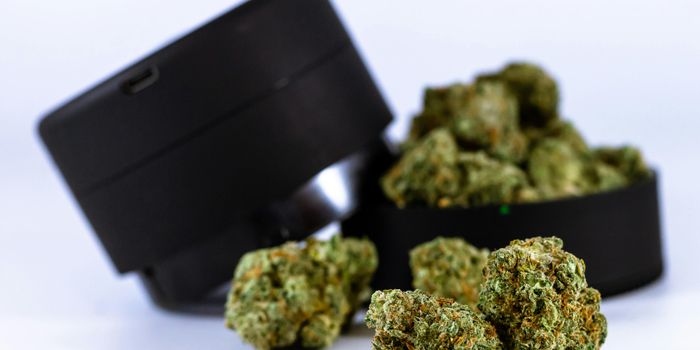Case Report Examines Unintentional Delta 8 Ingestion by Pediatric Patients
A case report published in the Journal of Cannabis Research examined the unintentional ingestion of Delta-8 tetrahydrocannabinol (THC) by two pediatric patients. The children were admitted to the pediatric intensive care unit after eating a Delta-8-infused product that resembled candy. As pediatric exposure to Delta-8 increases, emergency departments must develop effective medical intervention protocols.
Both patients experienced periods of bradypnea (abnormally slow breathing) with ongoing sporadic periods of agitation. The medical intervention included observation, noninvasive positive pressure ventilation via high-flow nasal cannula, and intubation. Family members noted that the patients demonstrated irritability. After 45 hours, the patients were discharged.
Adverse events related to Delta-8 THC intoxication may resemble Delta-9 THC intoxication. According to the American Academy of Pediatrics, several factors influence the type and severity of Delta-8 adverse events. They include the type of product ingested, concentration, route of exposure, and the person’s age, weight, and sex. Some main symptoms include:
- Uncoordinated movements and decreased psychomotor activity
- Sedation
- Slurred speech
- Increased heart rate progressing to slowed heart rate
- Low blood pressure
- Difficulty breathing
- Lethargy
Unintended Delta 8 ingestion incidents involving children younger than 6 increased from 207 in 2017 to 3,054 in 2021. Healthcare providers can play an important role in prevention by educating parents and guardians on safe cannabis storage and documenting cases for adverse event monitoring. One key point to discuss is properly secured storage of cannabinoid-infused products since a recent survey indicated that only 45% of cannabis users kept their products locked and hidden from children. Many unregulated cannabis products may feature packaging that is not compliant with state policy mandating that cannabinoid products must not resemble candy and packaging cannot feature visual images that appeal to children.
Sources: American Academy of Pediatrics, Journal of Cannabis Research, Washington Post








